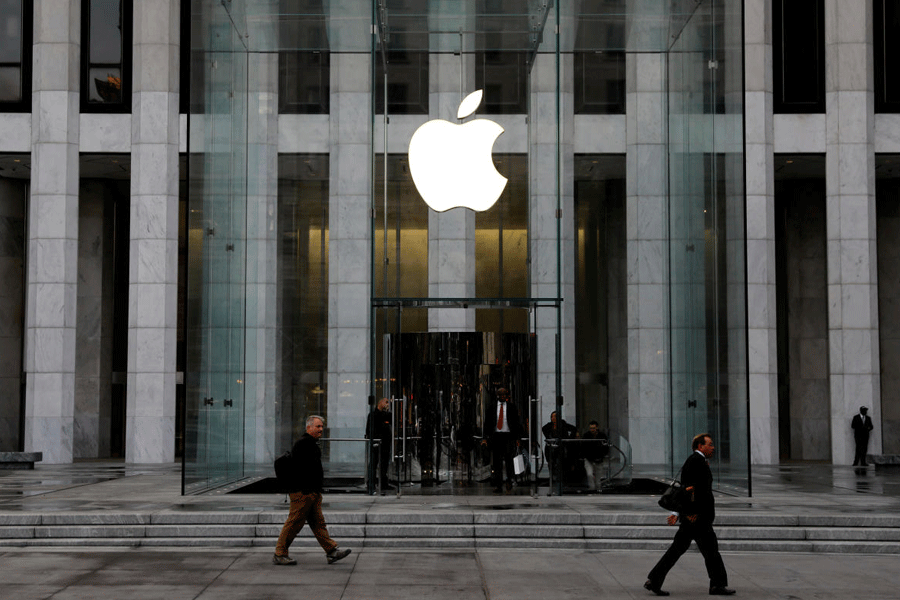Still in love
Sir — When Aditya Chopra dreamed up the tagline, “Come… fall in love”, for Dilwale Dulhaniya Le Jayenge, did he know that the audience would do just that? The latest tribute to the film’s enduring charms is set to pop up in London’s Leicester Square, where bronze statues of the iconic lovers will remind passers-by of the city’s role in the film. The lasting appeal of the film is perhaps in its practicality — a rather unnecessary train-chase notwithstanding. The two lovers do not take dramatic decisions or try to sacrifice their love or end their lives. The film balances grand gestures with practicality.
Saket Jha, Delhi
Surge ahead
Sir — The anticipated majority of female athletes at the 2028 Los Angeles Olympics marks a defining moment in the evolution of global sport. From token participation in 1900 to achieving parity and now surpassing male representation, the journey reflects decades of resilience, policy reform and public support. This shift is not merely symbolic; it acknowledges the consistent excellence of female athletes across generations. The Olympics are finally mirroring the values of equality and merit, recognising that talent transcends gender. It is a long-overdue progression, shaped by pioneers and sustained by growing public admiration for women’s sport.
Jayanta Datta, Hooghly
Sir — The progression towards female athletes outnumbering their male counterparts at the Los Angeles Olympics is the result of decades of determination and systemic change. Some credit must go to nations like China and the former Soviet bloc, where female athletes received equal training support early on. India, too, has produced champions whose achievements have inspired new generations.
Indranil Sanyal, Calcutta
Curated image
Sir — The rise of influencer culture on platforms like Instagram has blurred the line between marketing and reality. Conspicuous consumption now seeps into everyday life cloaked in authenticity. This subtle form of persuasion fosters a cycle of dissatisfaction, where self-worth is measured by products promoted as necessities. As aspiration becomes algorithmic, the pressure to emulate online lifestyles leads not only to overconsumption but also to debt and disillusionment. It is time to question whether curated digital identities are worth the psychological and the financial toll they so often demand.
Yash Pal Ralhan, Jalandhar
Sir — While the influencer economy has democratised aspiration, it has also commodified identity. The performative nature of social media encourages users to equate visibility with value, driving unsustainable consumption. Yet, there is hope in the emergence of de-influencing trends and growing awareness about authenticity and mindful spending. If platforms and brands embrace transparency and align with more responsible practices, they may usher in a healthier digital culture.
Junainah Javed, Calcutta
Tenuous logic
Sir — The notion that royalty constitutes a full-time job worthy of State-funded pensions is rather tenuous. While ceremonial duties may demand time and decorum, they hardly equate to the responsibilities faced by ordinary civil servants. If the role of Belgium’s Prince Laurent is indeed akin to a “super public servant”, then it should invite scrutiny. Hereditary privilege should not be the basis for lifelong financial support from public coffers. In an era of increasing fiscal awareness, the time may have come to question whether ceremonial grandeur should continue to command material rewards.
S. Kamat, Mysuru











